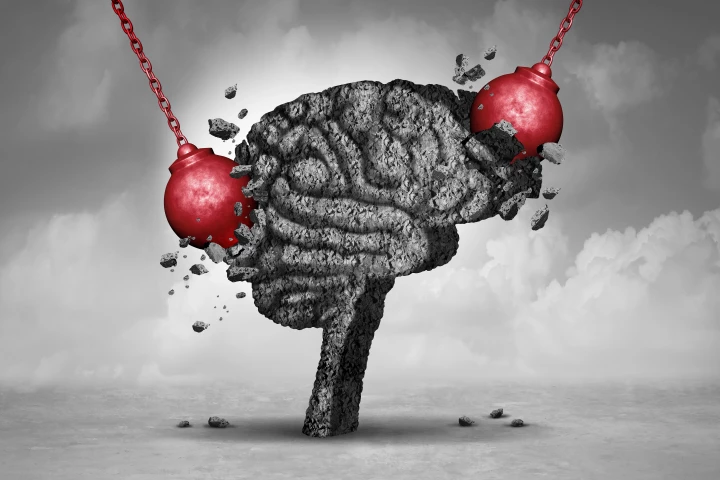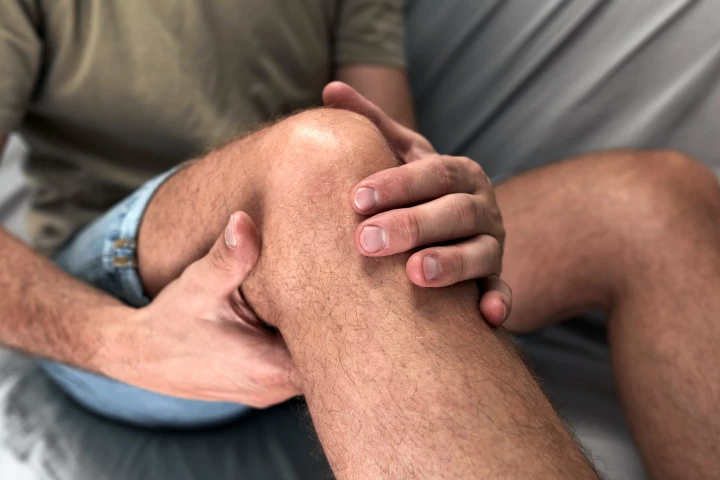Chronic pain
-
Scientists have discovered a brain circuit that gives pain its emotional sting, explaining why some hurts linger as suffering. The breakthrough challenges our beliefs about how we process pain and may transform chronic pain treatments.
-
A current weight-loss and diabetes drug has become a surprise candidate for effective migraine treatment, with a new study showing that the GLP-1 receptor agonist provided significant relief to sufferers of these debilitating, severe headaches.
-
The simple act of walking every day can significantly reduce a person’s risk of developing chronic low back pain, according to a new study. But, its effectiveness depends on how long you walk for, and the speed at which you walk.
-
Diagnosing celiac disease often means exposure to the thing that makes you sick, which can be debilitating. It may soon be simpler and pain-free, with a first-of-a-kind test that can detect and gauge the severity of the disease in a test tube instead.
-
In the ongoing search to find an intervention that does away with opioids, a new game-based system has shown huge promise in tackling chronic neuropathic pain. Using a game and a headset, it "trains" patients to rewire brain signals to relieve pain.
-
A new study found that non-invasive in-ear electrical stimulation to the vagus nerve safely and effectively reduces osteoarthritis-related knee pain. It opens the door to innovative, quality-of-life-improving treatment.
-
A new experimental painkiller has shown promise in dulling or eliminating pain without the addictive qualities exhibited by today's most popular opioids. The drug also sidesteps common opioid side effects like constipation and sedation.
-
What if the key to reducing your chronic pain was not in tackling the symptoms, but in regulating your emotions? A study shows that retraining your brain to deescalate negative emotions could be an effective therapy for persistent pain.
-
A mainstay diabetes drug reduced pain and stiffness and improved function in overweight people with knee osteoarthritis, a new study has found. It may mean that, as a result, invasive knee replacement surgery can be delayed for as long as possible.
-
Nerve or neuropathic pain has long been a tricky condition to treat effectively. However, a new study has comprehensively evaluated current drug and non-drug therapies to provide up-to-date guidelines to inform treatment options.
-
Tiny 3D organs connected themselves in a lab dish, forming a replica of the human pain pathway, in a new study. The discovery allows scientists to better understand chronic pain and offers an animal-free method of testing pain treatments.
-
Researchers have reviewed non-drug treatments for low back pain to assess which ones are more likely to reduce pain and improve function. What the review makes clear is that more research into effective low back pain treatments is needed.
Load More











